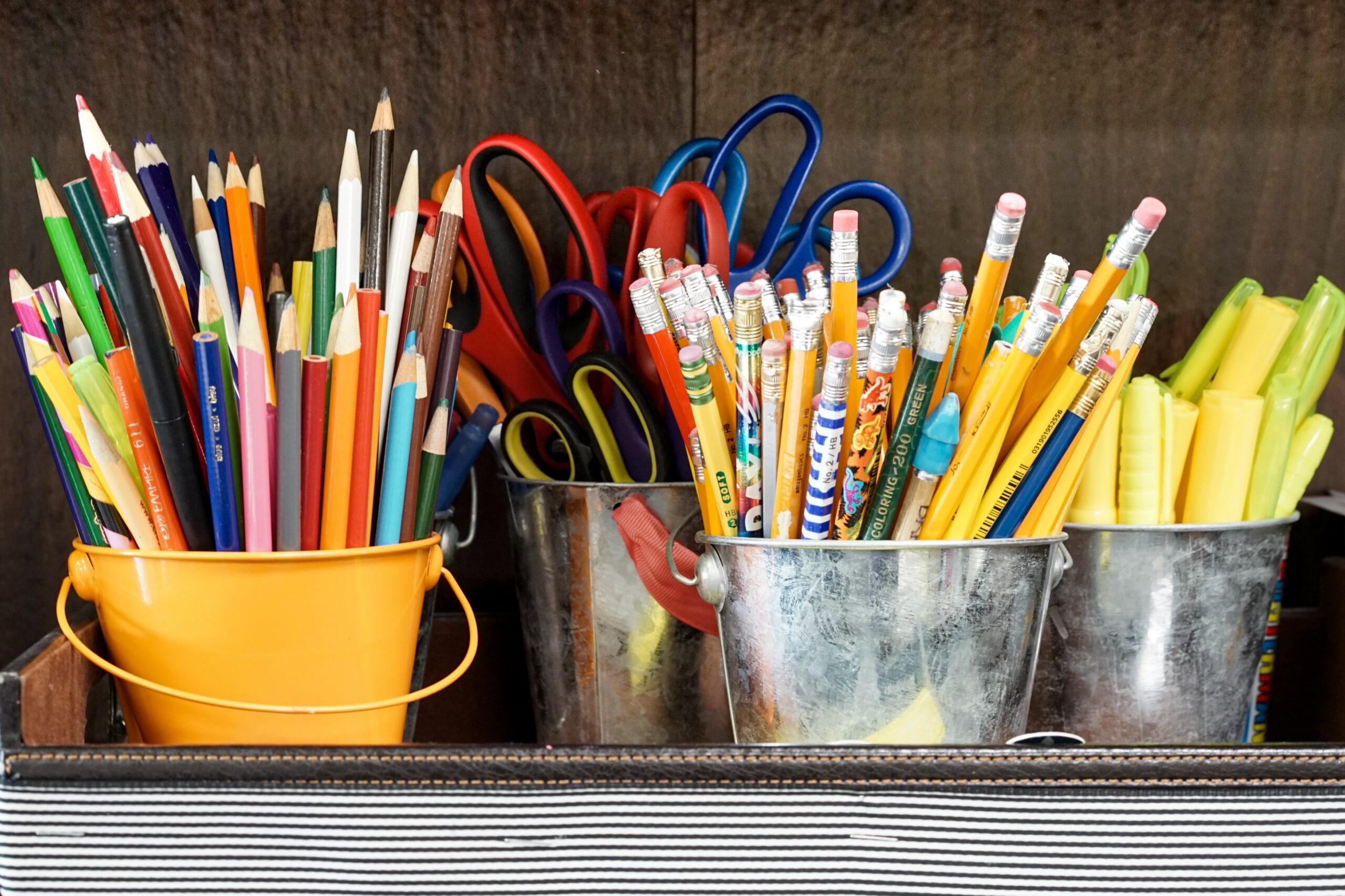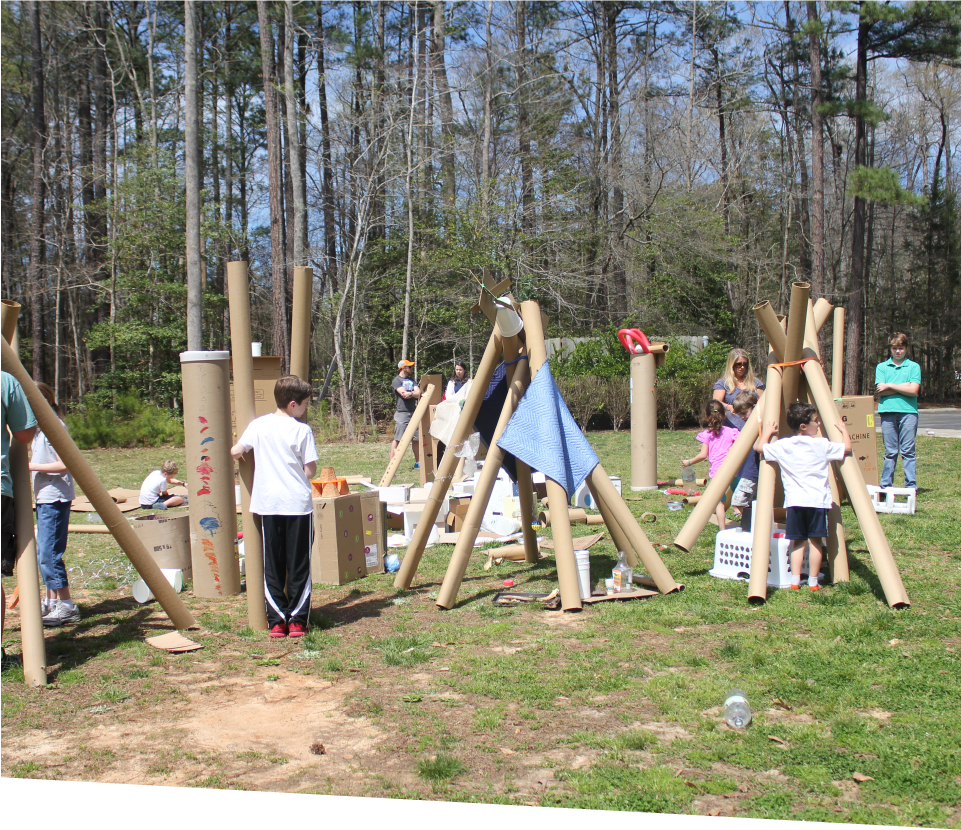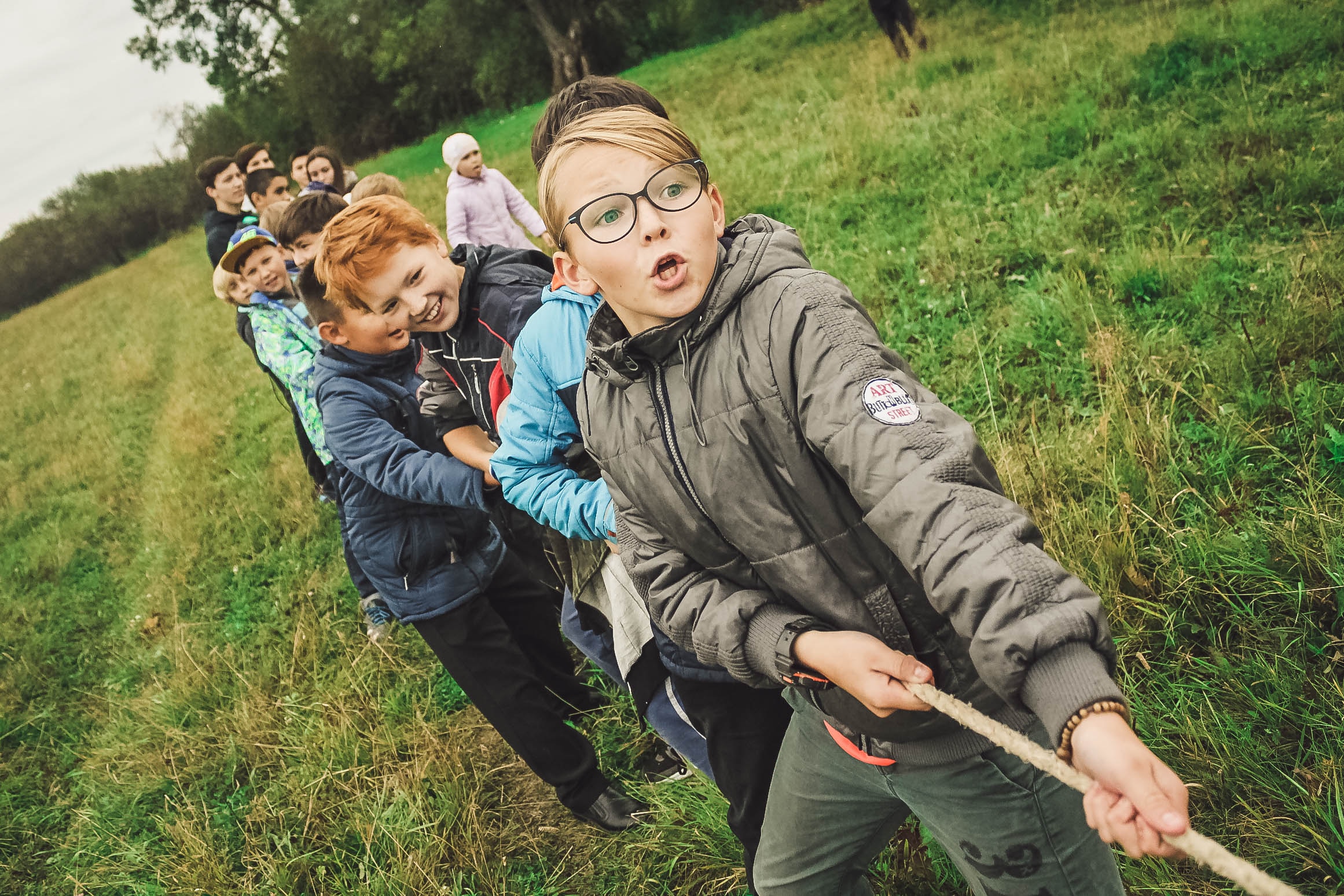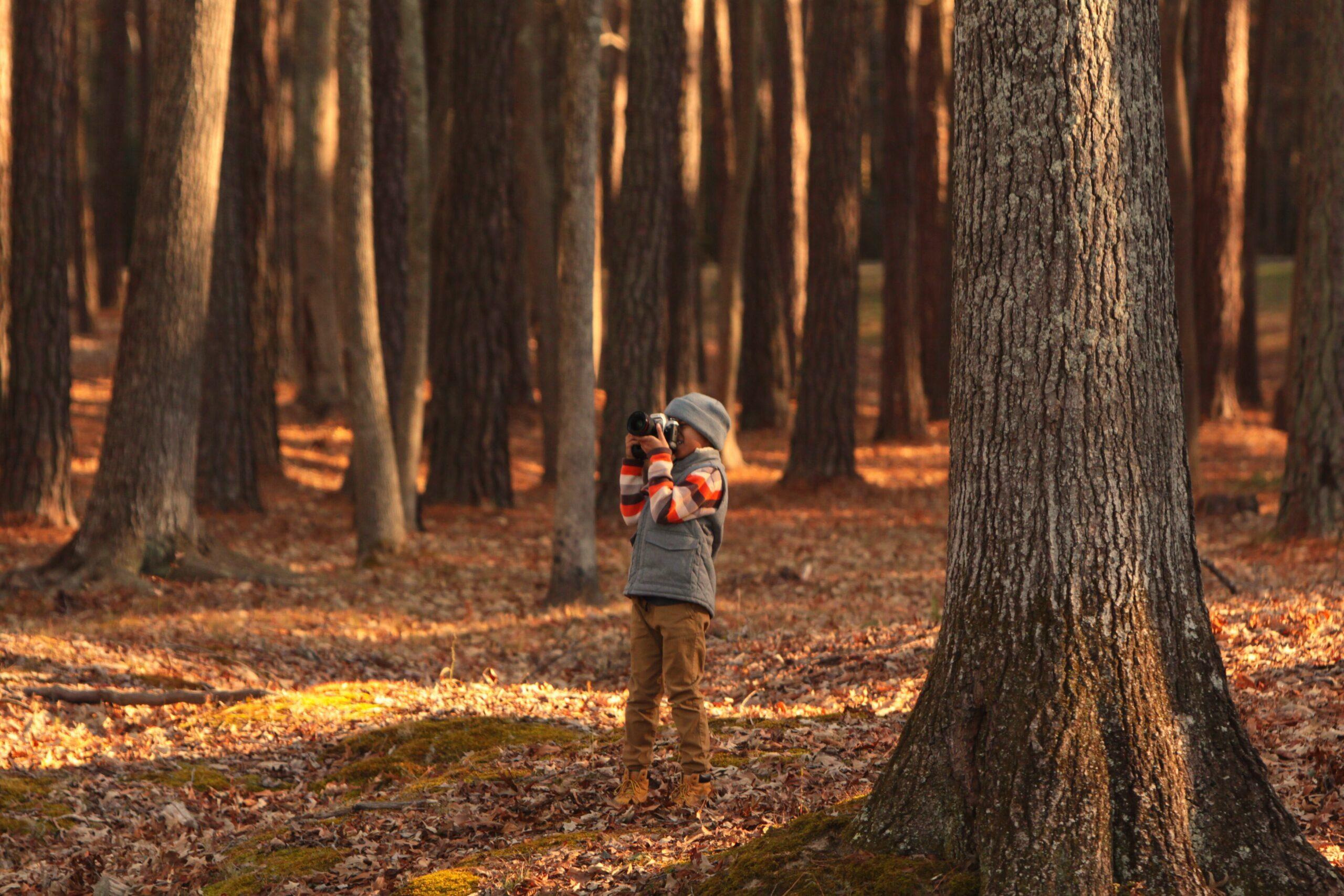“Do it again Mommy!” Matthew cried gleefully as I twirled him in my arms to the beat of The Village People’s “YMCA”. The light in his chocolate brown eyes sparkled as he giggled with joy. I smiled and felt the warmth in my heart and the connection my 3-year-old son and I were experiencing. Now he is 13 and too big to pick up and twirl, but that moment will stay with us forever.
So often when parents come to me for help regarding their child, they look at me in dismay when I talk about using play as a way to “fix their problems.” Play is the language of children. It is how they learn about life and master the wonderful tasks of being a child and forging ahead toward growing up. Play is how children figure out solutions to their problems. When parents take the time to focus on what their child is playing and participate with him, they can learn about a whole new world and help their child feel important and understood at the same time.
As parents, we’re often preoccupied with things that need to get done— work, chores, meals and taking care of our children. What’s put on hold is spontaneous fun and laughter. It is out of our imagination that stories and games are made. When play is shared with our children it allows for a stronger relationship and bond. From this comes a deeper respect reflected by our children.
Becky A. Bailey, Ph.D., describes in her book I Love You Rituals (HarperCollins) that “Cooperation is directly related to the connection we feel with each other. Strengthen the bond and increase the cooperative spirit.” Play is one of the most important things that children need. Sharing the experience of creating something together is fun and strengthens the relationship you have with your child. Humor and fun go hand in hand and we all love to laugh. It makes us feel good and makes life “lighter.”
Just like flowers need the sunlight to grow, children need play to nourish their minds, bodies and spirits. It is vital to a child’s healthy growth and development. This is where they learn about their world, build self-confidence and gain self-mastery. Many emotions are expressed through play. When I work with parents using play therapy, they often exclaim that they see their child in a different way and understand them more clearly. One mother described this best when she said, “It’s like entering my child’s world.” She continued playing with her child on a consistent basis and her daughter’s tantrums dissolved on their own.
There are times when we all struggle with life’s difficulties. Children try to make sense of these struggles by playing out scenarios with toys, artwork and behaviors. Sometimes when children feel stuck in their emotions they will play something repeatedly. The story or theme of what is in the play is done over and over again. One example might be if a child is distressed over his parent’s divorce and he plays out battles with his toy army guys again and again and doesn’t play with anything else.
The intensity of the play makes a difference, too. Very intense play may be a sign that children are having a difficult time working through some emotions. If you ask them if something is bothering them, they may not tell you or they may say that nothing is wrong. You can tell more about what a child is feeling by observing his/her play.
Should you feel that your child needs outside assistance, play therapy offers many benefits for both parent and child. There are many well-trained play therapists throughout the country. Playing is so simple, and yet it can still be difficult for adults to be childlike and playful. We forget what it was like being a child. Go easy on yourself and don’t worry about how you will look or seem to your child when you play with him. He will love it!
Most of the activities I suggest above are low-cost or free and won’t take very much time to do. Allow your child to direct the play, and as you play with him set boundaries to make sure safety is a top priority. See where the play takes the two of you. What kinds of stories unfold? Does your child give you a role to play, such as king or queen or wild animal? Just take a few moments of undivided, one-on-one time with your child and you will reap great benefits.
Time goes by so quickly and the things you have to do will always be waiting for you, but your child continues to grow and change every moment of his/her life.
When I look back at how quickly my children have grown, I remember the spontaneous moments with such fondness. I am grateful to have been given the wisdom to know that play is not only fun, but crucial for the happiness of my children and the satisfaction of my life as a mother.
Play activities to do with your child:
- Coloring in coloring books or drawing pictures.
- Playing with Playdoh.
- Fingerpainting.
- Playing in the sand.
- Playing catch with a ball.
- Dancing to music.
- Having tea parties.
- Playing games such as “Hide and Seek.”
- Singing and making up songs together.
- Blowing bubbles.
- Performing puppet shows.




